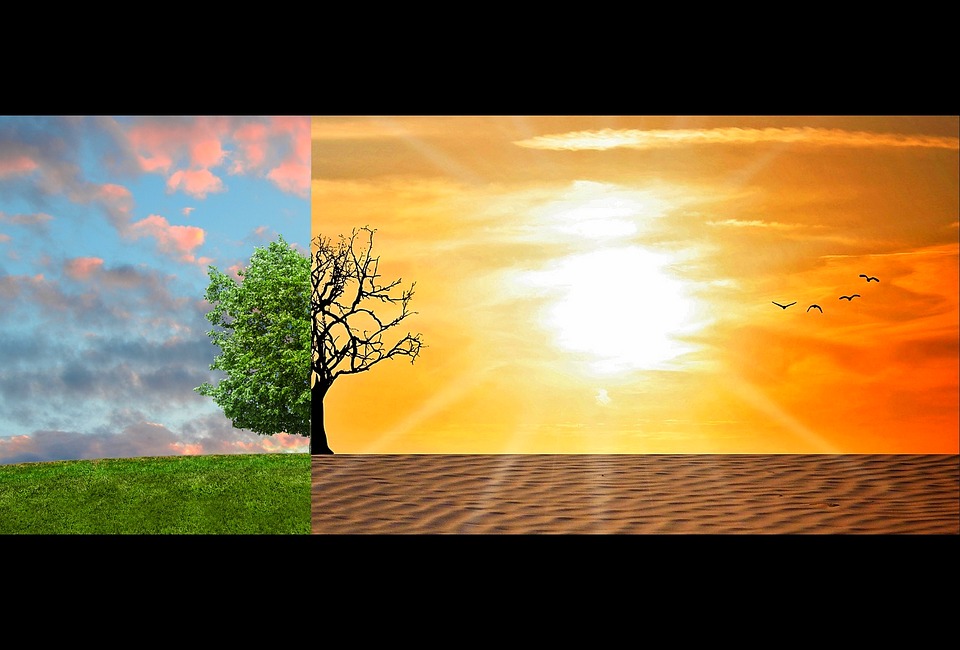“I am increasing concerned about the overplaying of ‘climate change is going to kill us all’.”
“How do you raise a generation to look towards the future with hope when all around them swirls a message of apparent hopelessness?”
.
There have been a couple of news pieces of late looking at ‘eco-anxiety’:
Eco-anxiety: between doom and denial – Vision Group for Sidmouth
Eco-anxiety – paralysis or fuel for positive change? – Vision Group for Sidmouth
Eco-action to help young people improve their health and wellbeing – Vision Group for Sidmouth
A correspondent responds:
“I am increasing concerned about the overplaying of ‘climate change is going to kill us all’.
Here are some links looking at this:
With more research here from the Lancet:
Young people surveyed (59% were very or extremely worried and 84% were at least moderately worried). More than 50% reported each of the following emotions: sad, anxious, angry, powerless, helpless, and guilty. More than 45% of respondents said their feelings about climate change negatively affected their daily life and functioning, and many reported a high number of negative thoughts about climate change (eg, 75% said that they think the future is frightening and 83% said that they think people have failed to take care of the planet).
I believe we need to get this message out, what they say about the reality of a 1.5 degree rise and other facts is incredibly important:
Stop Telling Kids They’ll Die From Climate Change | WIRED
How do you raise a generation to look towards the future with hope when all around them swirls a message of apparent hopelessness? How do you prepare today’s children for a world defined by environmental trauma without inflicting more trauma yourself? And where do you find the line between responsible education and undue alarmism?
This is from February 2020:
In this piece, they are talking about how bad social media is for anxiety because a capitalist society pushes ads which make you anxious:
Social media, a drug more powerful than nicotine and alcohol, is used by 91% of 16- to 24-year-olds, the highest percentage of any age group. Research has found that young people who spend more than two hours a day on social media are more likely to report poor mental health, including anxiety.

But then they go on to say this:
The world is on fire. We only have two business cycles to take meaningful action. Extreme weather is the biggest cause of people worldwide being forced out of their homes. Basically, it’s bad and most of us know it..
This is not true, but because it is presented alongside info about how to avoid anxiety it has huge force. Very manipulative!! They are right to say it is backed up by huge amounts of data, they are not right to say that the data says ‘we only have two business cycles’ ( however long that is! not saying also produces anxiety).
Do The Green Thing » The Age of Anxiety
This next article is also two years old and Covid has brought in more anxiety, or has it replaced one anxiety with another? How much room for anxiety does a person have?
How Kids Are Coming of Age in the Era of Eco-Anxiety – Rolling Stone
Certainly things will not go back to how they were but things never do! It would be unnatural if they did, because even if they go back to somewhat like they were, we will have a new fund of information:
This is also from 2020:
(2080) By the time they are 60 – overuse of pesticides and fertilisers killed off soil micro-organisms and pollinating insects, there will be no more fertile soil.
This will not happen because people will start working on regenerative agriculture. The lesson was learnt with the American dust bowl. We have not had another since.
Worryingly this contention is from a climate specialist!
Climate Anxiety | Green Element Blog | Will Richardson
Forbes asks a question about just this:
Has anyone, I asked, done a study of what happens to food production at 4 degrees warming? “That’s a good question,” said Rockström, who is an agronomist. “I must admit I have not seen a study. It seems like such an interesting and important question.” In fact, scientists, including two of Rockström’s colleagues at the Potsdam Institute, recently modeled food production.
Their main finding was that climate change policies are more likely to hurt food production and worsen rural poverty than climate change itself, even at 4 to 5 degrees warming.
Why Climate Alarmism Hurts Us All
Unicef is balanced(ish)
An open letter to the world’s children | UNICEF
Finally:
Psychologist Caroline Hickman, who is a member of the Climate Psychology Alliance, has many youngsters as clients who are suffering from eco-anxiety.
Rise of eco-anxiety: medics warn climate change worries are making children ill
‘In our research we found 56 per cent of children worldwide thought humanity was doomed.’
I very much doubt this was truly worldwide research, did they research people in difficult situations like war zones/isolated communities/tundra dwellers/etc? What they possibly really mean is they surveyed children in areas where such surveys are easy to do, which is also where social media affects results. If they are willing to overstate this then what else is inaccurate?
…….
A concluding comment:
There is indeed quite a debate – recorded back in 2020:
On Behalf Of Environmentalists, I Apologize For The Climate Scare — Environmental Progress
And perhaps a positive way forward can be found in the Solar Punk movement: